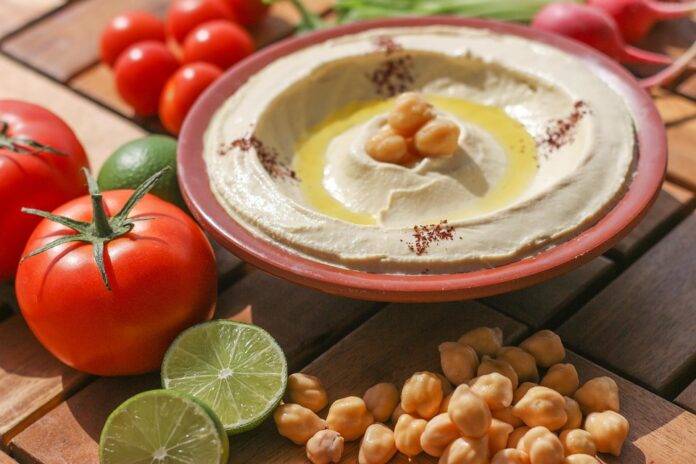The Global Hummus Market From Ancient Staple to Refrigerated Aisle Favorite
With a history dating back to ancient times, hummus has evolved from a traditional Middle Eastern staple to a popular favorite in the refrigerated aisles of supermarkets worldwide. This versatile dip, made from mashed chickpeas, tahini, lemon juice, and garlic, has seen a surge in popularity in recent years, driven by its perceived health benefits, diverse flavor profiles, and growing consumer interest in plant-based options. In this report, we will delve into the global hummus market, exploring its origins, current trends, key players, and future outlook.
Evolution of Hummus: From Ancient Times to Modern Markets
Hummus has been a dietary staple in the Middle East for centuries, with its origins traced back to ancient Egypt. The combination of chickpeas and sesame paste (tahini) provided a nutritious and flavorful source of protein for the region’s inhabitants. Over time, hummus spread to neighboring countries such as Lebanon, Syria, and Israel, each adding their own twist to the classic recipe.
In recent decades, hummus has gained popularity in Western markets, thanks to the rise of Mediterranean cuisine and the growing interest in healthy eating. The introduction of flavored hummus varieties, such as roasted red pepper, garlic, and spinach, has further fueled its appeal among consumers looking for convenient and nutritious snack options.
The Global Hummus Market: Key Trends and Drivers
The global hummus market is experiencing robust growth, driven by several key factors. Firstly, the increasing awareness of the health benefits of chickpeas, tahini, and olive oil has led to a surge in demand for plant-based and protein-rich foods. Hummus, with its high fiber and protein content, fits perfectly into this trend.
Secondly, the rising popularity of Mediterranean and Middle Eastern cuisines in Western countries has created a favorable environment for hummus to thrive. Consumers are increasingly seeking out authentic and exotic flavors, making hummus a go-to choice for those looking to expand their culinary horizons.
Furthermore, the convenience factor of hummus cannot be overlooked. With busy lifestyles becoming the norm, consumers are turning to grab-and-go snacks that are both delicious and nutritious. Hummus, with its ready-to-eat format and versatile pairing options, has become a staple in many households.
Key Players in the Hummus Market
The global hummus market is highly competitive, with a wide range of players vying for market share. Some of the leading companies in the industry include:
1. Sabra: A joint venture between PepsiCo and Strauss Group, Sabra is one of the largest hummus producers in the world. The company offers a diverse range of flavors and packaging options to cater to different consumer preferences.
2. Tribe: Known for its innovative flavor combinations and premium ingredients, Tribe has carved out a niche in the gourmet hummus segment. The company’s focus on quality and authenticity has helped it gain a loyal following among health-conscious consumers.
3. Cedar’s: Founded in 1941, Cedar’s is one of the oldest hummus brands in the United States. The company prides itself on its traditional recipes and commitment to using only the finest ingredients, making it a favorite among purists.
Future Outlook and Opportunities
Looking ahead, the global hummus market is poised for continued growth, fueled by shifting consumer preferences and the expanding availability of hummus products. With the rise of veganism, gluten-free diets, and clean eating, hummus is well-positioned to capitalize on these trends and attract a broader consumer base.
In addition, the introduction of new flavors, formats, and packaging innovations will further drive the market forward. Companies that can offer unique and innovative products that cater to changing consumer demands will likely see success in this competitive landscape.
Overall, the global hummus market presents a wealth of opportunities for both established players and new entrants. By staying attuned to consumer preferences, embracing innovation, and maintaining a commitment to quality, companies can tap into the growing demand for this beloved dip and secure a strong foothold in the market.
In conclusion, hummus has come a long way from its humble origins to become a beloved and versatile food item enjoyed by millions around the world. As the market continues to evolve and expand, the future looks bright for this ancient staple turned modern favorite.




